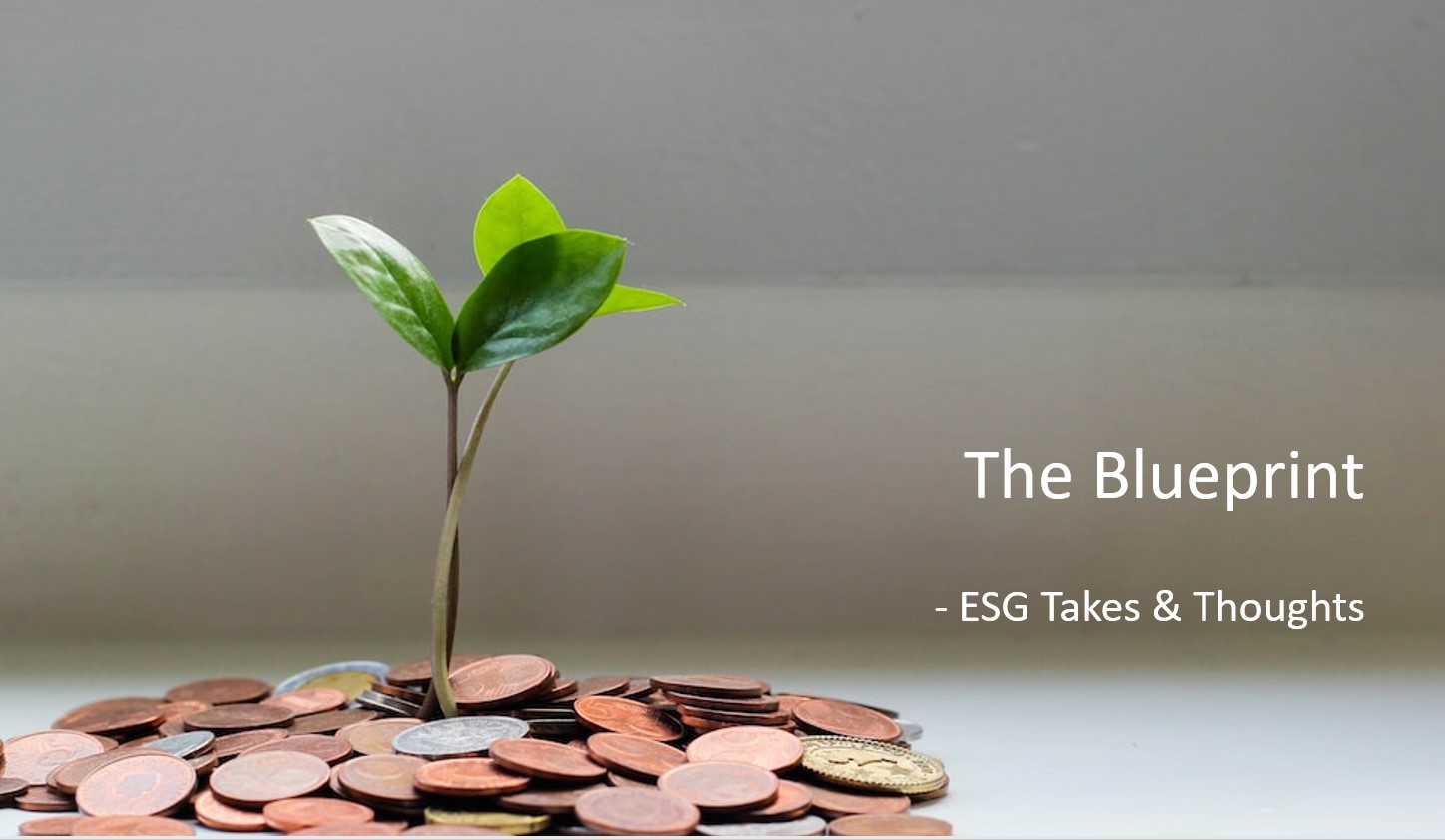
Can We Drink the Salty Sea?
- Desalination feeds 6 types of users (households, industry, power stations, agriculture, military, and others) but leaves behind salty waste which can pollute the ocean
- It also provides co-benefits by quickly supplying rural communities with drinking water where seawater is easily accessible
It is estimated that the world produces 25 billion gallons of desalinated water per day – that’s enough to fill Singapore’s taps for about 3 months!

Photo source: Genesis Water Tech
By harnessing desalination technologies, countries and companies can produce clean water from the salty sea (MIT). However, purification can leave behind boron, contaminants and salt. Processing the waste before releasing it could incur additional costs from stemming pollution. How then can we offset these costs?
Desalination requires large amounts of carbon dioxide and calcium which exists abundantly in seawater. By self-producing chemicals needed for desalination processes, firms can save on expenses from purchasing commodities, transporting chemicals and storage space. Another option is to recover minerals from desalination waste. This offers another revenue stream – essentially creating value from waste This could incentivise companies to transition towards more sustainable industrial practices.
The majority of Asia’s population is coastal or near coastal – with 60% of the region residing within 400km of the ocean. Communities in the region often face severe shortages of freshwater due to reliance on rainfall, exacerbated by climate change impacts. For coastal communities, desalination technologies offer a path to improve water security. In the case of Singapore which has also limited access to abundant natural freshwater, desalination plays a key role in supplementing the nation’s water supply (NLB)
Looking forward
PCM recognises the need for proper waste management practices such as brine treatment to mitigate pollution risks associated with desalination plants. We support companies that innovate and implement technologies to turn waste into useful resources. This is why we take a holistic approach to our assessments: We recognise and stand firmly behind firms that practise sustainable production and waste management, accelerating progress towards a circular economy while reducing reliance on freshwater sources.
Important Information
This material is provided by Phillip Capital Management (S) Ltd (“PCM”) for general information only and does not constitute a recommendation, an offer to sell, or a solicitation of any offer to invest in any of the exchange-traded fund (“ETF”) or the unit trust (“Products”) mentioned herein. It does not have any regard to your specific investment objectives, financial situation and any of your particular needs.
The information provided herein may be obtained or compiled from public and/or third party sources that PCM has no reason to believe are unreliable. Any opinion or view herein is an expression of belief of the individual author or the indicated source (as applicable) only. PCM makes no representation or warranty that such information is accurate, complete, verified or should be relied upon as such. The information does not constitute, and should not be used as a substitute for tax, legal or investment advice.
The information herein are not for any person in any jurisdiction or country where such distribution or availability for use would contravene any applicable law or regulation or would subject PCM to any registration or licensing requirement in such jurisdiction or country. The Products is not offered to U.S. Persons. PhillipCapital Group of Companies, including PCM, their affiliates and/or their officers, directors and/or employees may own or have positions in the Products. This advertisement has not been reviewed by the Monetary Authority of Singapore.